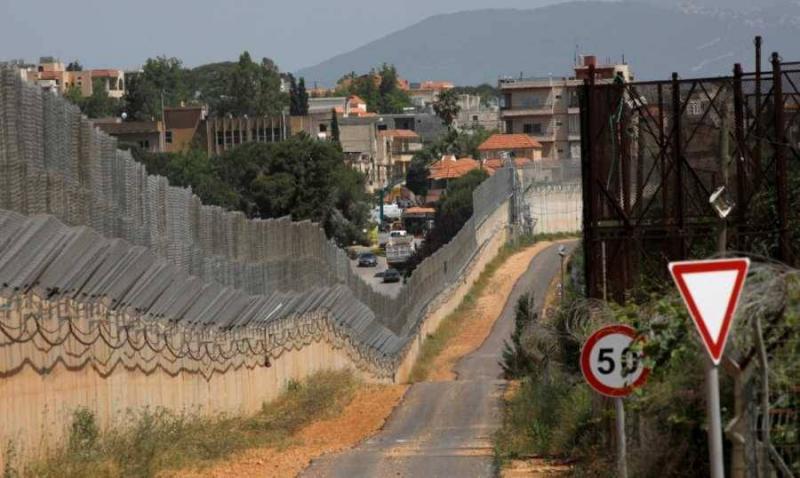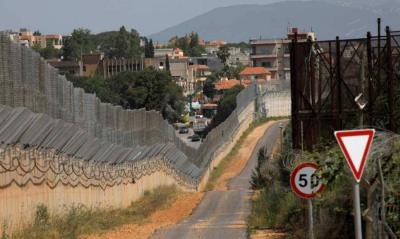The agreement on a cease-fire to stop the war in Gaza remains questionable, as Israeli officials' statements do not indicate any positivity. Israeli Prime Minister Benjamin Netanyahu does not want to grant a cease-fire that would serve as a respite for Hamas to regroup its forces. Thus, all obligations are effectively deferred pending the cessation of the war on Gaza. This applies to the indirect Iranian-American understanding, in which both parties agreed to postpone obligations in the region until after the Gaza war. Lebanon is not an exception, as reported by "Nidaa El Watan."
In the context of the Gaza war and Hezbollah's involvement under the banner of supporting the Palestinians, the international Resolution 1701 has resurfaced in discussions after being forgotten. The United States and European countries have engaged in negotiations with Lebanon to push for its implementation, sometimes through incentives and other times through intimidation. Hezbollah has not complied with the request to withdraw its forces to the north of the Litani River, as Israel did not implement this from its side and took no action regarding Lebanon’s past calls for its implementation. Since 2006, there have been no wars waged against Lebanon, but violations of its airspace, territorial waters, and land have occurred daily.
However, discussing the resolution again serves other purposes related to Israel's crisis after it lost the ability to control security along its northern borders, following Hezbollah's actions that led to the displacement of settlers. Israel, which refuses to withdraw from Gaza and seeks a victory, is imploring the Americans and Europeans to enforce the international resolution. From the French document related to its implementation to the efforts of U.S. envoy Amos Hochstein, negotiations to halt the war are conditioned on obtaining a commitment from Hezbollah to implement the resolution and the return of settlers to the north, thereby ensuring the implementation of Resolution 1701 and providing Israel with a victory it has not achieved in Gaza.
In commenting on the Lebanese response to the French document, French diplomatic sources reveal that the significance of the response lies in it being a Lebanese commitment to implement Resolution 1701, which can be negotiated with Israel to stop the war. According to the diplomatic source, France treated the response as a document on which negotiations could be based simply because it indicates a Lebanese commitment to execution.
In French and American circles, talk about the international resolution has opened up. For the first time, Hezbollah has expressed its willingness to implement it on the condition that Israel withdraws from the Shebaa Farms and the Kfarshouba Hills and retreats from disputed points in the border demarcation. However, Hezbollah’s retreat has not been stopped as the bigger gains will be achieved. The reality, however, and what previous negotiations have revealed, is that there are no objective conditions for its implementation, and Israel will not accept withdrawal from Kfarshouba and Shebaa Farms or commit to halting its raids and flights or retreat from disputed points. Therefore, it cannot be asked for Hezbollah to implement the resolution solely from its side, which is what international envoys understood.
However, some internal actors were not convinced and viewed international efforts as an opportunity for pressure, according to "Nidaa El Watan." Lebanese political forces based their positions on implementing 1701 according to their proximity or distance from Hezbollah. Forces close to the United States, except for the Sunnis and the Socialist, demand its implementation alongside Resolution 1559, which calls for disarming Hezbollah. In a casual conversation, one politician reminded them that when this subject was raised with the late Patriarch Nasrallah Sfeir, he replied that whoever enacted 1559 should implement it, meaning that America should not ask them to engage in a civil war with Hezbollah to implement it. However, there are those who interpret implementing Resolution 1559 through Resolution 1701. Another team represented by the Shiite duo and the Free Patriotic Movement supports implementing Resolution 1701, but in a balanced and equitable manner on both sides. Thus, they do not oppose international will but reject partial execution. This is why the head of the Free Patriotic Movement, Gibran Bassil, recently stated that we cannot commit to the unity of arenas unless it ensures the retrieval of occupied territories in Shebaa and Kfarshouba and provides us with the land borders. Only then would fighting the war to achieve it become justified.
Positions on Resolution 1701 have thus become part of the international struggle surrounding the Gaza war. Political sources following the situation estimate that discussions about it will remain ink on paper as long as Israel utterly rejects the idea of discussing its withdrawal from the Shebaa Farms and Kfarshouba Hills.




